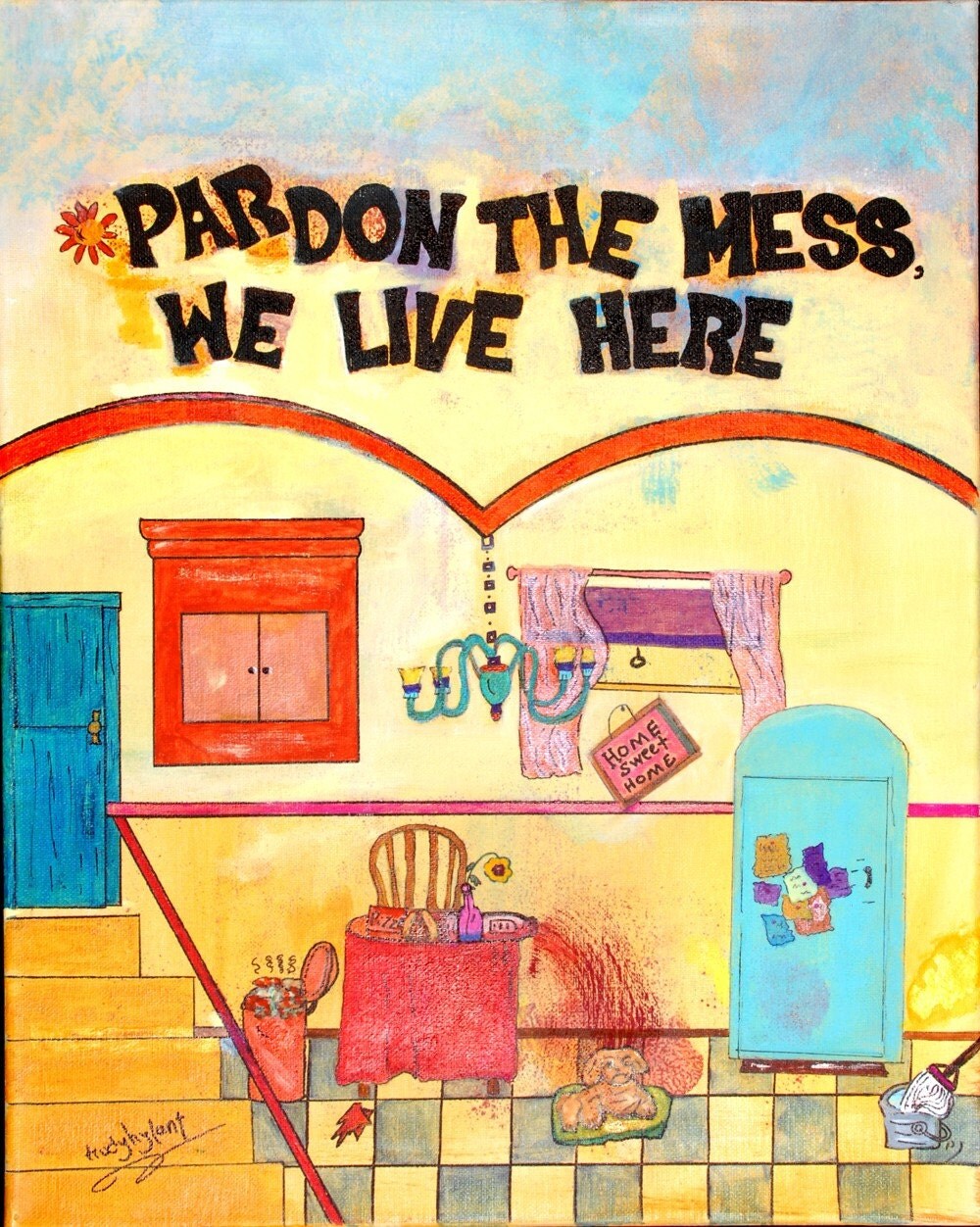Tichel Uncovered
A reader asks, "A Lubavitcher wearing a headscarf out of the house?"
By Mimi Hecht
Dear Mrs. Hecht,
Your columns in the Algemeiner Journal English section are a pleasure to read! It's great to see this addition to the paper, with your engaging writing and the fascinating subjects you choose to write about.
In your column a couple of weeks back, "Wrong Way on the Subway," you mentioned, "With my modest attire and headscarf and my husband's beard and Tzitzis, we are so obviously Jewish." This made me want to ask you a question which I've wanted to ask many times since I moved to Crown Heights, but I've not had the opportunity to ask it. I hope you will forgive me when you see what the question is. I'm assuming you are a Lubavitcher; the question is moot if you're not. Why did you wear a headscarf on the subway (or anywhere else out of the house), rather than a sheitel? When I was in kallah classes, I was told the custom of Lubavitch women to wear a full sheitel whenever outside the house. But so often I see beautiful younger frum married ladies in Crown Heights who choose to wear a tichel or scarf. Look, the bottom line is that it's none of my business. Please forgive me for asking what may very well leave you feeling offended, even though it is truly not my intent. I wish you much success with your writing. You have so much talent, and I will surely continue to enjoy your column.
Sincerely,
Mrs. YB
Crown Heights
Dear Mrs. YB,
Thank you for writing and choosing me to ask your question which has been on your mind for some time. The issue you are asking me to address requires I make myself quite vulnerable.As a member of the Chabad community, I have encountered many women and read many articles expanding on the Lubavitcher Rebbe’s view on wearing headscarves in public. By responding to your query, I might be the first scarf-wearing Lubavitcher (yes, I am a Lubavitcher!) to publicize personal feelings about the issue. Nevertheless, I’m choosing to answer you publicly, for I trust that my thoughts also reflect those of a large and growing contingency within Chabad. I imagine you won’t find this a satisfactory “answer” per se, but perhaps it can shed light on how many young Chabad women today relate to the wig-or-scarf question.
Believe it or not, I actually looked forward to wearing a Sheitel (don't ask me why, since I loved my thick auburn curly hair that no wig can replicate). It only took a few tears during the weak of Sheva Brachos for me to realize that this mitzvah was going to be harder than I thought. A year and a half later, and I still feel uncomfortable and unattractive beneath the overpriced European strands we call a wig. I do wear it, and even recently decided to wear it more often. I feel proud that I cover my hair always, even taking on stringencies in my own way. However, quite simply, Chabad’s emphasis on “sheitels-only” is something I personally find impossible to comply with. To always wear a wig when venturing out of the house? I’ll probably take on a million other resolutions before I commit to this strictly-Chabad custom that is, for me, somewhat unbearable. Unfortunately, I don't have what it takes to endure the "wig only" burden simply because it's a Lubavitch ideal. There, I said it. No matter how true the Rebbe's endorsement - yes, even with the Rebbe's enlightenment on the beauty and modesty of a sheitel – I can’t seem to forfeit the scarf and don a wig every time I appear in public.
I say this knowing that what makes the Lubavitch community so great in many ways is our living up to the Rebbe’s seemingly impossible standards. My hat goes off (metaphorically, of course) to all Lubavitch women who proudly follow the Rebbe's directives to wear a sheitel in public. Surely, they too may find it cumbersome, but they have the commendable self-sacrifice that the Rebbe elaborated on when he spoke about giving up wearing a scarf. I wonder if, someday, I will have this kind of self-sacrifice.
I am not unlike many other Lubavitchers - and indeed anyone who identifies with a strong community - in that I struggle to maintain an adherence to community customs when just the bare-minimum is, for me, hard enough. Add the fact that we don’t have the Rebbe’s physical voice paving the way; the struggle is intensified. You might look at me and make a quick assumption to the opposite, but the truth is that, not too deep beneath my headscarf, I intensely want to connect and adhere to the Rebbe's wisdom. I may enjoy flaunting my individuality and I certainly struggle with gray areas, but if I have any leader - any beacon of truth guiding my growing existence - it is the Lubavitcher Rebbe. I often wonder what I would be like if I were privileged to have known the Rebbe, to have heard his voice myself. Perhaps I differ strongly from many other Lubavitchers when I say that, though the Rebbe guides me in many ways, I don’t feel his presence so strongly in my everyday life. I am speechless when someone criticizes another for not being a “good enough” Lubavitcher. Who are we kidding? In my opinion, when you consider the situation today, Lubavitch women who strictly wear wigs deserve all the praise in the world, whereas women who don’t are so easily understood!
But while I may be an awful representation, I do believe that the Rebbe’s wisdom will always be unscathed. He always pointed out the unnerving truth in every matter. About wearing tichels, the Rebbe writes, “a woman is constantly put to the test, whether to cover all her hair, or just part of it.” How did the Rebbe know me so well? How true this is! When I wear my comfortable flower-printed scarves, I tie the knot and push the material back. Indeed, I would look and feel ridiculously old-fashioned were I to use this material to cover my hair in its entirety! Unlike with a wig, when I wear a headscarf I am immediately “put to the test” as to how much I will cover (a trial I probably fail all-too-often). I guess this is just one more thing for me to assess and improve on my journey as a Jewess.
Thank you for writing. You have not offended me with your personal inquiry. Rather, you have given me a lot to think about, as well as two very important reminders: Firstly, no matter the method I choose to cover my hair, it must be exactly that: covered. Secondly, the importance of learning and going to the source in order to make stronger decisions as a Jewish woman. As with all things - both community customs and the strict law - I will fail then succeed then fail again. But as long as we can learn, grow and engage in these discussions without judgments, I am in for the ride. May we always have the compassion, wisdom and respect to understand each other in our individual choices and struggles.














